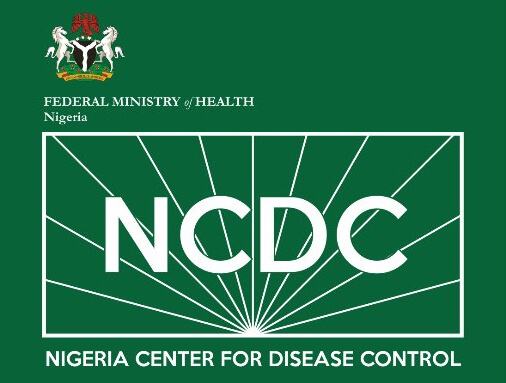The Nigeria Centre for Disease Control and Prevention (NCDC) has urged Nigerians to take proactive measures to protect themselves from the two deadly diseases, Lassa Fever and Cerebrospinal Meningitis (CSM), which were recording surging cases as the dry season approaches.
The Director General of the NCDC, Dr Jide Idris who warned that both diseases pose significant threats to public health while addressing newsmen on Tuesday in Abuja, noted that in 2024 alone, Lassa fever have claimed 174 lives out of 1,000 confirmed cases across 28 states.
According to him, Cerebrospinal Meningitis (CSM) recorded 361 deaths from a total of 4,915 suspected cases and 380 confirmed cases across 174 Local Government Areas in 24 states including the Federal Capital Territory (FCT), between 2023 and 2024.
He said: “Lassa fever and cerebrospinal meningitis are not just health challenges; they disrupt families, livelihoods, and strain our healthcare systems.
“In 2024 alone, we have seen a worrying increase in cases and deaths from Lassa fever across 28 states, with over 1,000 confirmed cases and 174 deaths reported. Meanwhile, CSM remains a recurrent issue, especially in the high-burden northern states.”
“NCDC data indicates that Lassa fever, a viral hemorrhagic illness primarily transmitted through contact with the multimammate rat, has continued to spread.
“Deforestation, bush burning, and climate-driven displacement of rodents into human habitats increase exposure.”
The NCDC boss explained that symptoms of Lassa fever which often start with fever, headache, and weakness, could rapidly progress to severe cases involving bleeding from bodily openings.
Dr. Idris appealed to Nigeriana to make sure they maintain clean environments within and outside the house, block entry points to prevent rodents and securely store food in rodent-proof containers, dispose of refuse properly, and keep garbage far from homes to reduces rodent attraction
On hygiene, the NCDC boss who said regular hand washing and use of hand sanitizers could help in preventing spread of the public health disease, urged citizens to seek medical attention early especially when they present symptoms similar to malaria, as early treatment increases survival chances.
Dr. Idris also appealed to healthcare workers to ensure they stay vigilant, make proper use of Personal Protective Equipment (PPE) to reduce risks and report all suspected cases to enable a swift response.”
He added, “Alongside Lassa fever, cerebrospinal meningitis poses a heightened risk as the dry season’s dusty winds and crowded living conditions in northern Nigeria exacerbate its spread.
“CSM, an inflammation of the brain and spinal cord covering, primarily spreads through person-to-person contact. Over the past year, Nigeria recorded 4,915 suspected and 380 confirmed CSM cases, with 361 fatalities.
“Meningitis symptoms include fever, headache, stiff neck, and altered consciousness. The NCDC urges people to: Get vaccinated: Immunization remains the most effective protection, particularly in high-burden areas; Reduce crowding Avoid close contact in schools, dormitories, and communal settings; Practice respiratory hygiene: Cover coughs and sneezes to prevent droplets from spreading infection; and Ensure ventilation: Avoid indoor pollution from cooking fires, which may aggravate respiratory health. Both Lassa fever and CSM require a coordinated, nationwide approach.”
The NCDC boss who called for an all-of-society response to protect Nigerians and prevent further outbreaks, disclosed the agency in partnership with the Federal Ministry of Health was ramping up surveillance, public education, and healthcare training initiatives.
“This effort.will help reduce strain on healthcare resources and save lives as we confront these critical health threats.”









вывод из запоя цены ростов-на-дону http://www.automobilist.forum24.ru/?1-19-0-00000137-000-0-0-1730725245/ .
вывод из запоя анонимно ростов http://www.masa.forum24.ru/?1-16-0-00002625-000-0-0-1730725831/ .